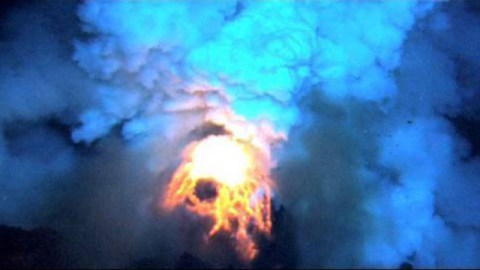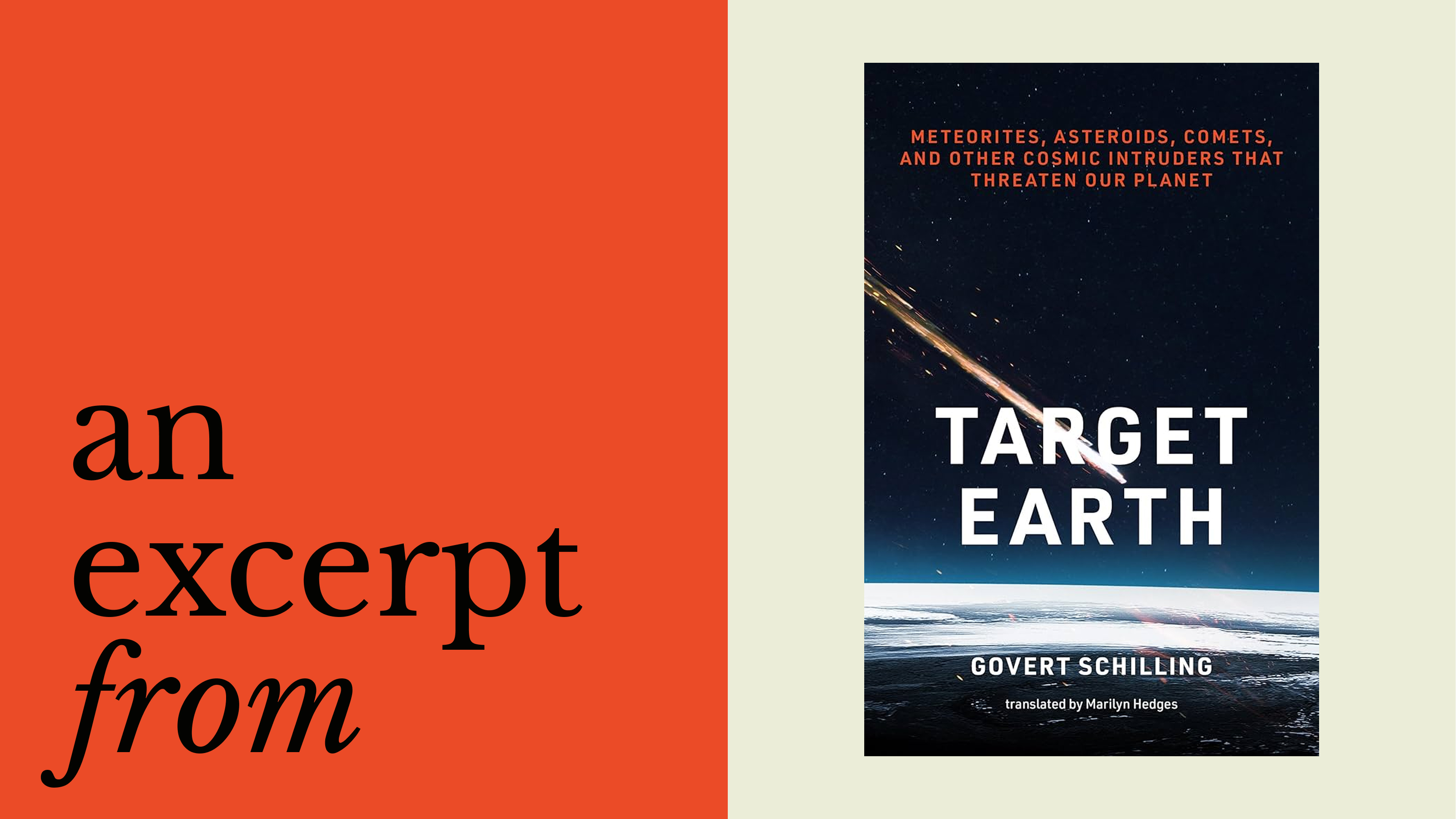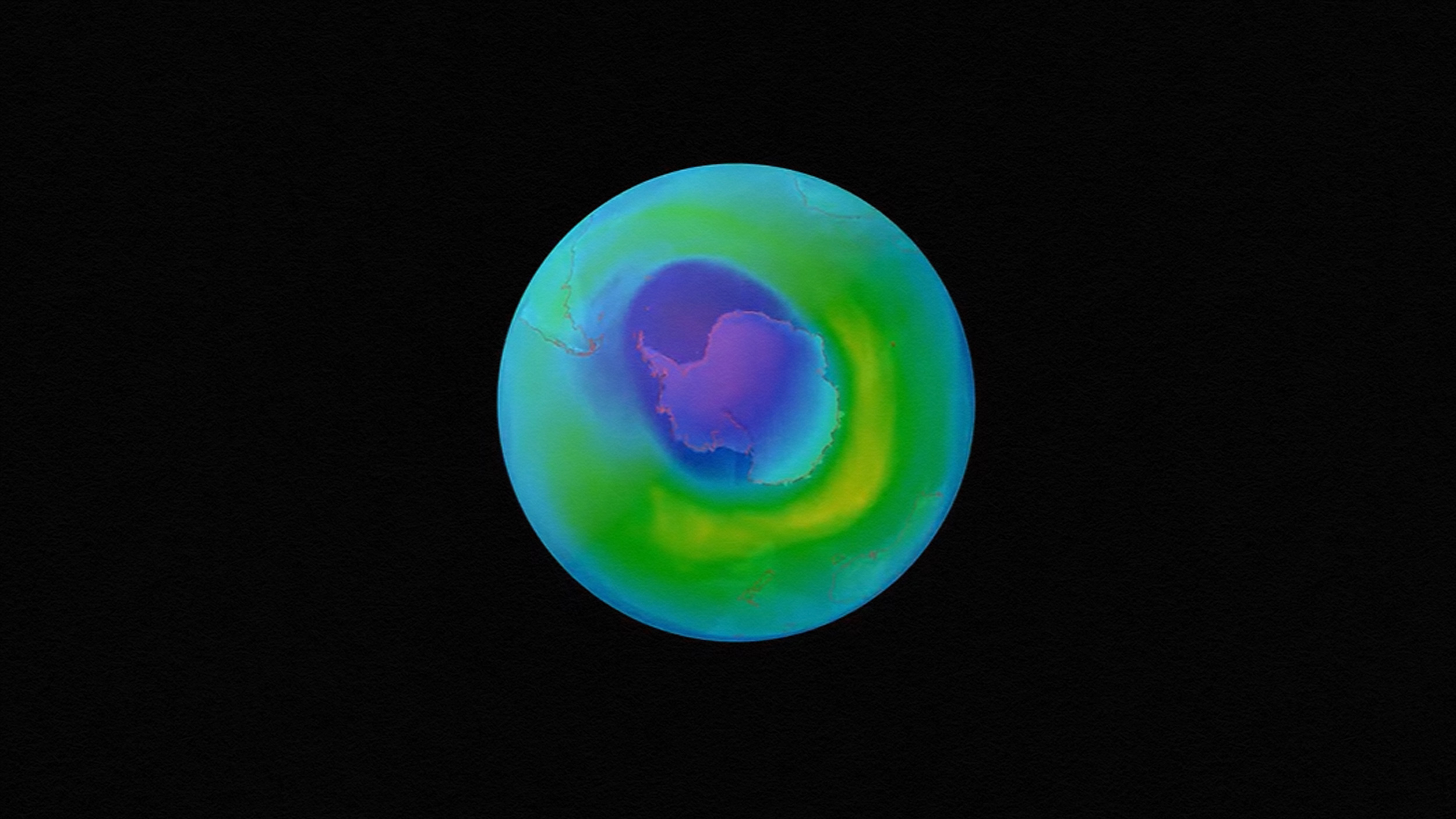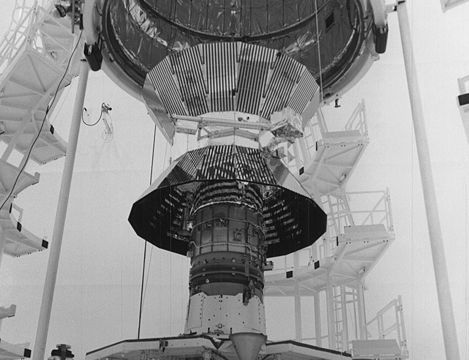Don’t believe everything you read: “Volcanic source” of ocean warming and the “Great Rome Earthquake”

Today I just wanted to bring up a few examples of bad “science” floating around the internet. Finding articles/posts like these always get me riled up, but I wonder how much attention I should give them as to not continue to spread the false logic – but I suppose that is what debunking is all about, isn’t it?
First up, I read a post about how humans couldn’t be to blame for the warming of the oceans. The “logic” of the post is this:
There are a number of ways to attack this poor reasoning, but I’ll try to go with the ones I think are most convincing.
It is very easy to try to throw around some partially baked ideas about volcanism to try to explain the changing in the ocean temperature worldwide, but they would require extraordinary circumstances where ocean volcanic activity was increasing exactly when human carbon dioxide production was also increasing. Sorry, the subsurface volcanoes are no source for your ocean heating (and if I had the time, I’d calculate how much energy would take to heat all the oceans by 0.5C – it is bound to be more than you can get out of a few hundred thousand Ruapehus).
Second, there is a lot of media attention being paid to the so-called “prediction” of a massive earthquake that will hit Rome today (May 11). This is based on debunked theories of planetary alignment made by seismologist Raffaele Bendandi, who incidentally died in 1979. Reports claim that there has been an “18% increase in the number of city employees in Rome applying to take the day off”, that “many shopkeepers shuttered their stores and posted signs saying they were closed” and “parents calling in and saying they will not be sending their children in”. This is just complete fear-mongering at its finest, even as the Italian government tries to debunk the myth of the prediction. People just long for the certainty of prediction in a world where, as of right now, is mostly unpredictable with our methods. This is just the “Supermoon” panic played out all over again – so I repeat: there is no evidence to show the connection between alignment of celestial bodies and triggering of large earthquakes. Can we all just stop paying attention to these now?
Top left: An example of pillow basalt formation – submarine volcanism.





